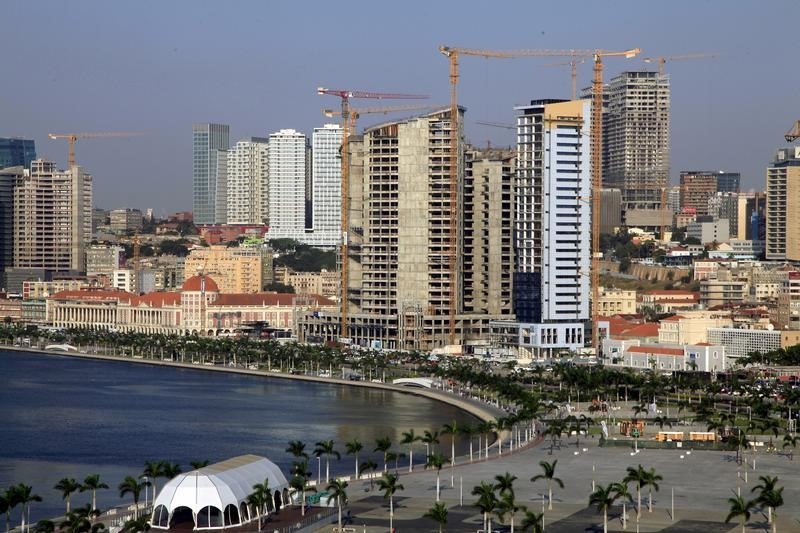Who is Kevin Hassett? Wolfe looks at the Trump ally tipped to become Fed Chair.
By Marcela Ayres
WASHINGTON (Reuters) - Angola's central bank sees relative stability for the country's kwanza currency this year, Governor Manuel Tiago Dias said on Saturday, cautioning that the bank's inflation forecast could be raised due to changes in fuel price subsidies.
Speaking in an interview with Reuters on the sidelines of the International Monetary Fund and World Bank spring meetings, Dias confirmed he expected consumer price inflation to stand at 19% by year-end, down from 20% in 2023 and from 26.09% in March.
"These forecasts could be altered, especially if there are any changes to fuel price subsidies, and the impact of that would then be higher inflation than what we currently anticipate," he said.
Squeezed by surging debt costs and high pump prices, governments across Africa have been trying to scrap costly fuel benefits but this has proved unpopular and sparked protests in countries from Angola to Senegal and Nigeria in recent years.
Oil-producing Angola spent 1.9 trillion kwanza ($2.3 billion) subsidising fuel in 2022, more than 40% of what the IMF estimated it spent on social programmes.
After the kwanza fell about 40% against the dollar last year, the central bank governor has greater confidence that current market conditions would allow for stability.
"Based on the information available at the moment, we will continue to have relative stability in the exchange rate," he said, adding he had reiterated Angola's commitment to a flexible exchange rate regime to both the IMF and investors during the spring meetings.
Regarding the next monetary policy steps, Dias said he was keeping an eye on the evolution of the global economy - for which he sees no major changes amid the maintenance of global interest rates at relatively high levels - and domestic indicators.
Persistent high oil prices would also sustain high export revenues in the second quarter, he said.
"Looking to the next quarter, our perspective is that the currency supply in the foreign exchange market will remain around $600 million monthly," he said.
"If there is any specific government intervention, this supply level could increase, and naturally, the stability of the exchange rate could also contribute to a potential inflation slowdown."
The Bank of Angola's next monetary policy meeting is scheduled for May, following a 100 basis-point rate increase in March, which brought its main interest rate to 19%.
($1 = 832.8230 kwanzas)
